
Alison Pearce Stevens is a former duck wrangler, beekeeper and forever science geek who specializes in writing about science and nature for kids. She lives in the Midwest with her husband, their two kids and a small menagerie of cuddly (and not-so cuddly) critters. She writes for Science News Explores, Highlights, ASK (Arts and Sciences for Kids) magazine and National Geographic Kids' Books. Her next book, Rhinos in Nebraska, comes out in 2021. She is also an avid gardener who can often be found in her yard, checking out the critters that call it home.

All Stories by Alison Pearce Stevens
-
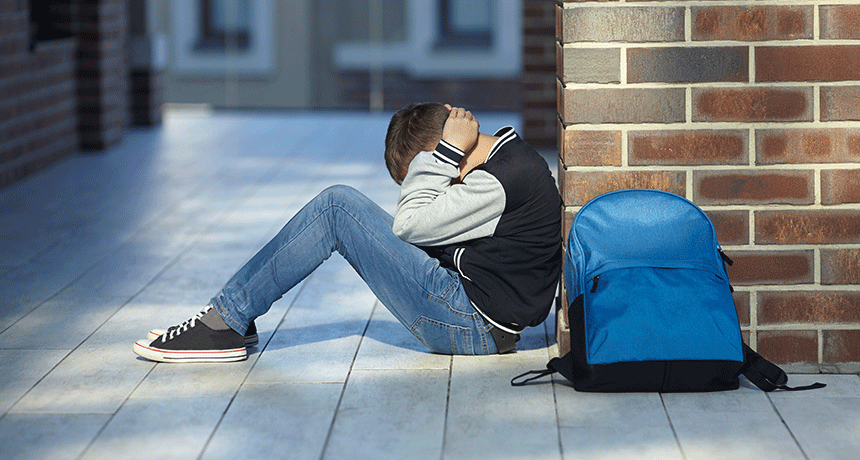 Health & Medicine
Health & MedicineFinding and helping teens for whom sadness is a disease
Adolescents should soon be screened for depression at their yearly check-up with their doctor.
-
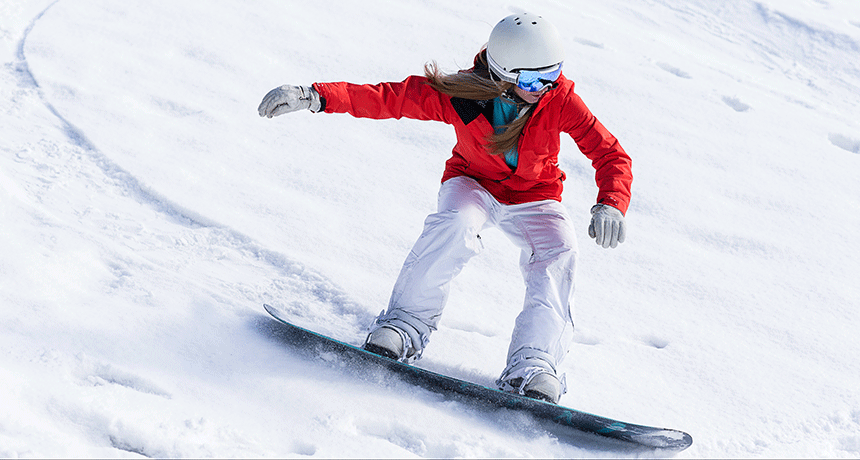 Health & Medicine
Health & MedicineAthletes’ head injuries can provoke surprisingly long-lasting harm
Even as symptoms of an athletic head injury fade, the brain may remain impaired, new data show. The harm may last months — perhaps even a lifetime.
-
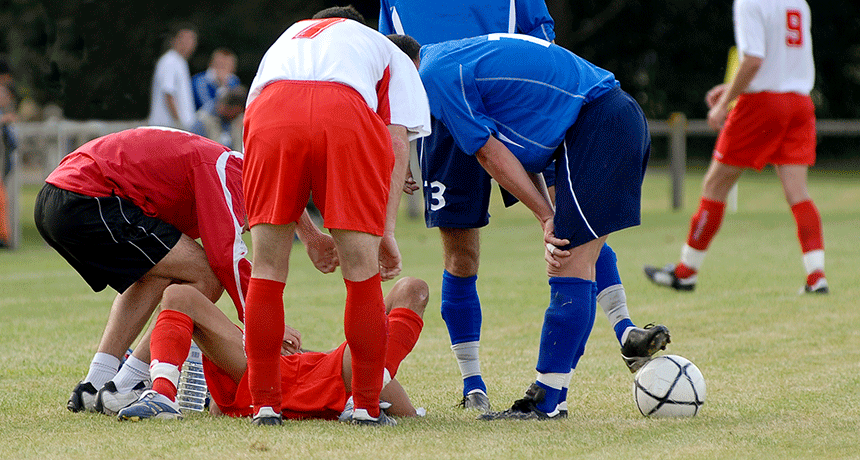 Health & Medicine
Health & MedicineExplainer: What is a concussion?
A concussion is a severe type of head injury that can damage a brain for weeks to years — perhaps even a lifetime.
-
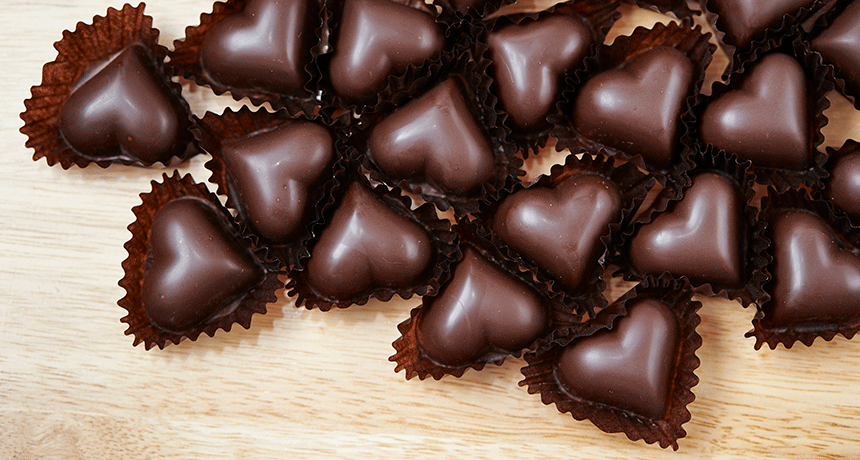 Plants
PlantsIncreasingly, chocolate-makers turn to science
Chocolate is delicious and may even have health benefits. To make sure there’s enough to go around, scientists are growing heartier cacao trees.
-
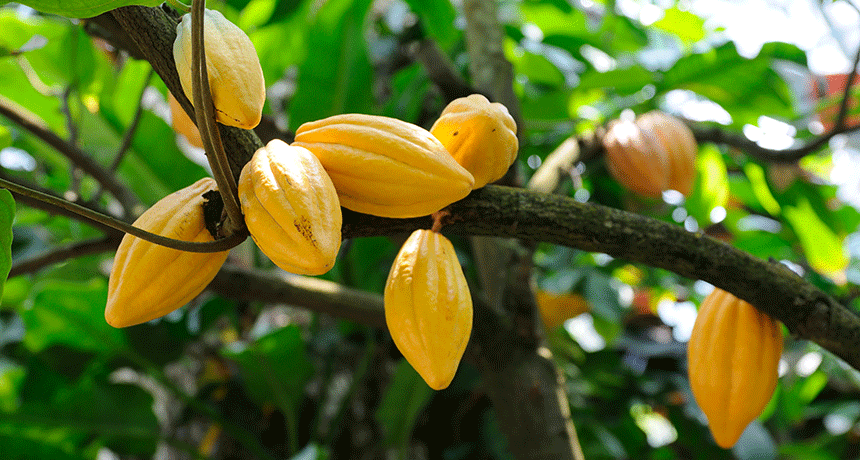 Agriculture
AgricultureHow to grow a cacao tree in a hurry
Chocolate is made from the pods of the cacao tree. To reproduce this plant quickly for research, scientists use clones.
-
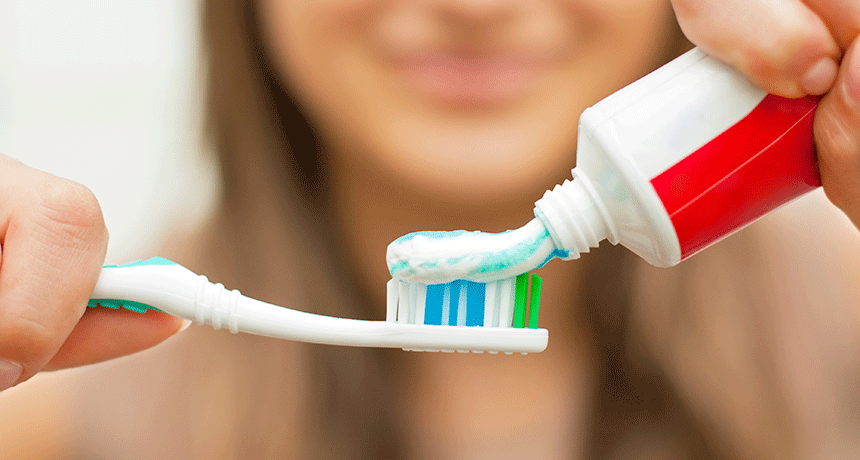 Chemistry
ChemistryChanging toothpastes? Change your toothbrush
Scientists have found that toothbrush bristles absorb triclosan, then release the potentially toxic chemical when users switch toothpastes.
-
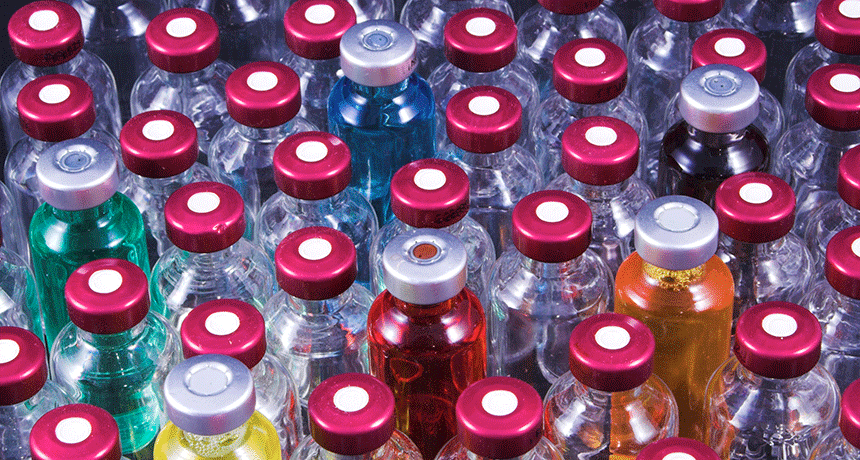 Health & Medicine
Health & MedicineLong-lasting flu vaccine could replace yearly shots
Researchers have developed a single vaccine that protects mice from many types of flu. Such a development could lead to where people only day might no longer need a yearly flu shot.
-
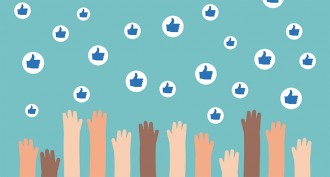 Health & Medicine
Health & MedicineThe power of ‘like’
A single “like” on a social-media post can make it much more popular, which can influence how teens behave.
-
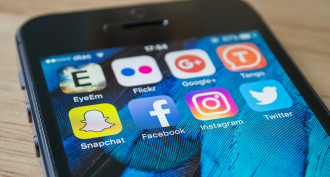 Health & Medicine
Health & MedicineSocial media: What’s not to like?
Social media can help teens connect with friends and family. Sometimes, however, it may leave them feeling depressed or isolated.
-
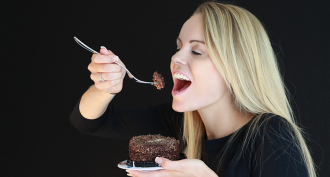 Health & Medicine
Health & MedicineMindfulness in eating pays the body big dividends
Schools are starting to use mindful eating in the classroom — and science shows that it can reduce overeating and improve overall health.
-
 Environment
EnvironmentNight lights have a dark side
Artificial light at night not only affects our view of the night sky, but also has the ability to impair animal behaviors — and probably our health.
-
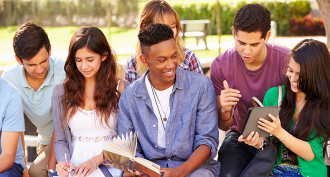 Psychology
PsychologyThink you’re not biased? Think again
Everyone holds some unconscious bias about certain social groups, even when they don’t mean to. Scientists are learning how people can fight such implicit biases.